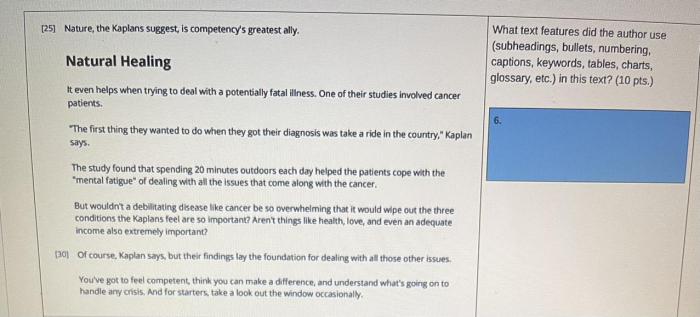Scientists reveal three keys to happiness, unlocking the secrets to a fulfilling and meaningful life. This groundbreaking research unveils the essential elements that contribute to our overall well-being and provides practical strategies for incorporating them into our daily routines. Join us on this captivating journey as we delve into the science of happiness and discover the transformative power it holds.
The three key factors identified by scientists as fundamental to happiness are: meaningful relationships, a sense of purpose, and a resilient mindset. These elements intertwine to create a holistic approach to well-being, fostering a sense of fulfillment and contentment.
Happiness Defined

Happiness is a complex and multifaceted concept that has been the subject of philosophical and scientific inquiry for centuries. It is a subjective state of well-being that encompasses positive emotions, life satisfaction, and a sense of fulfillment. Happiness can vary significantly across cultures and individuals, influenced by factors such as genetics, life experiences, and personal values.
Three Keys to Happiness
Scientists have identified three key factors that are essential for happiness:
- Positive emotions:These are subjective experiences of joy, contentment, and excitement that are associated with well-being and life satisfaction.
- Engagement:This refers to the extent to which individuals are actively involved in and find meaning in their activities, whether it’s work, hobbies, or relationships.
- Relationships:Strong and supportive relationships with family, friends, and loved ones are crucial for happiness, providing a sense of belonging and social connection.
Achieving Happiness
Incorporating these three key factors into daily life can help individuals increase their happiness levels. Strategies for achieving this include:
- Cultivating positive emotions through activities that bring joy and meaning.
- Engaging in activities that are challenging, meaningful, and provide a sense of accomplishment.
- Building strong relationships and maintaining social connections with loved ones.
Happiness and Well-being
Happiness is closely linked to overall well-being, which encompasses physical, mental, and emotional health. Research has shown that happy individuals tend to have better physical health, stronger immune systems, and lower rates of chronic diseases. Additionally, happiness has been associated with improved mental health, reduced stress, and increased resilience to life’s challenges.
The Role of Gratitude, Scientists reveal three keys to happiness
Practicing gratitude has been found to enhance happiness by shifting perspectives and increasing positive emotions. Expressing gratitude through journaling, meditation, or simply acknowledging the good things in life can help individuals focus on the positive aspects of their experiences and cultivate a sense of contentment.
Happiness and Relationships
Strong relationships are essential for happiness, providing individuals with a sense of belonging, support, and social connection. Positive relationships with family, friends, and loved ones contribute to overall well-being by buffering against stress, providing emotional support, and enhancing feelings of purpose and meaning.
Top FAQs: Scientists Reveal Three Keys To Happiness
What are the three keys to happiness identified by scientists?
Meaningful relationships, a sense of purpose, and a resilient mindset.
How can I incorporate these keys into my daily life?
Foster strong connections with loved ones, pursue activities that give you a sense of purpose, and develop coping mechanisms to navigate challenges with a positive outlook.
What is the connection between happiness and well-being?
Happiness has a profound impact on our physical and mental health, promoting longevity, reducing stress, and enhancing overall well-being.

